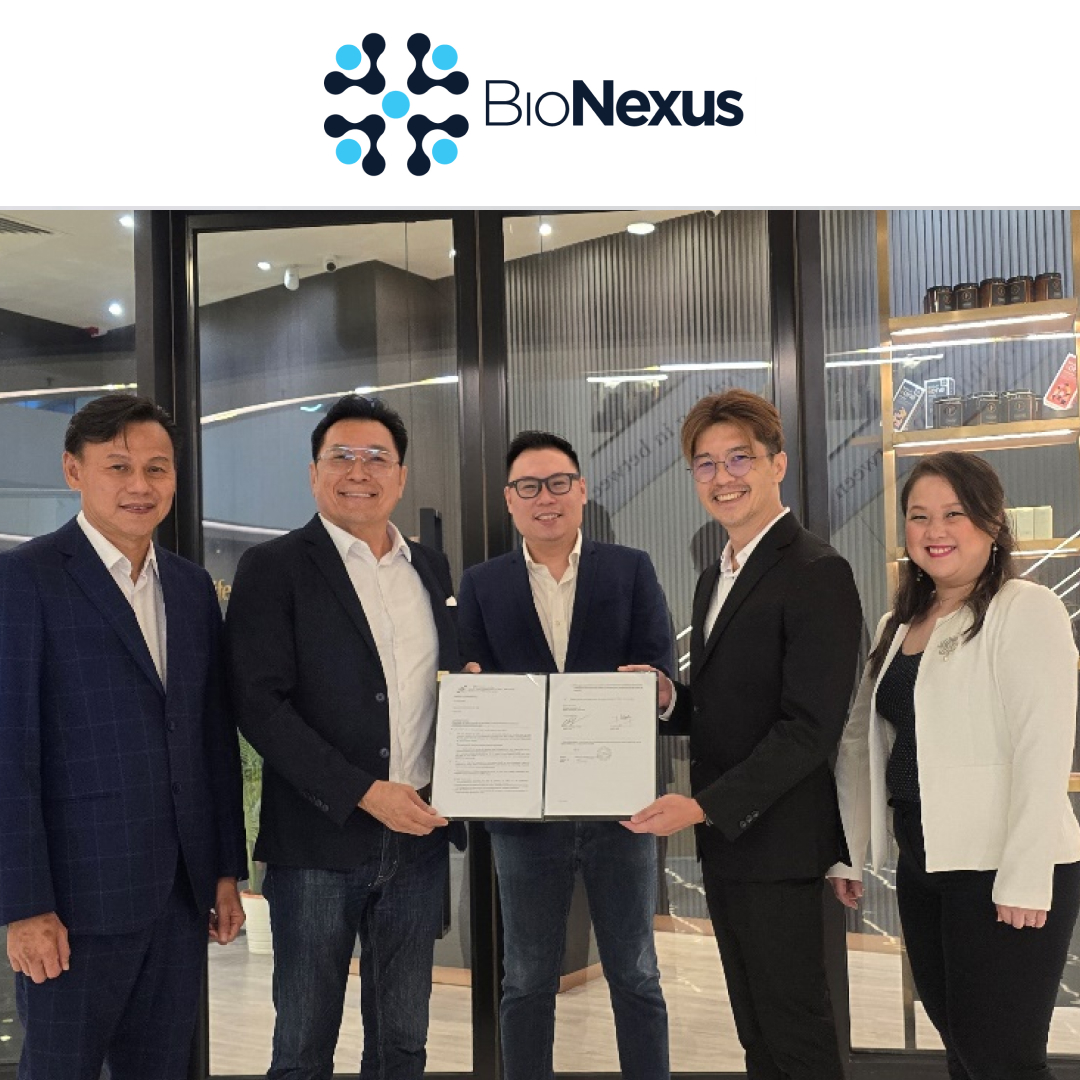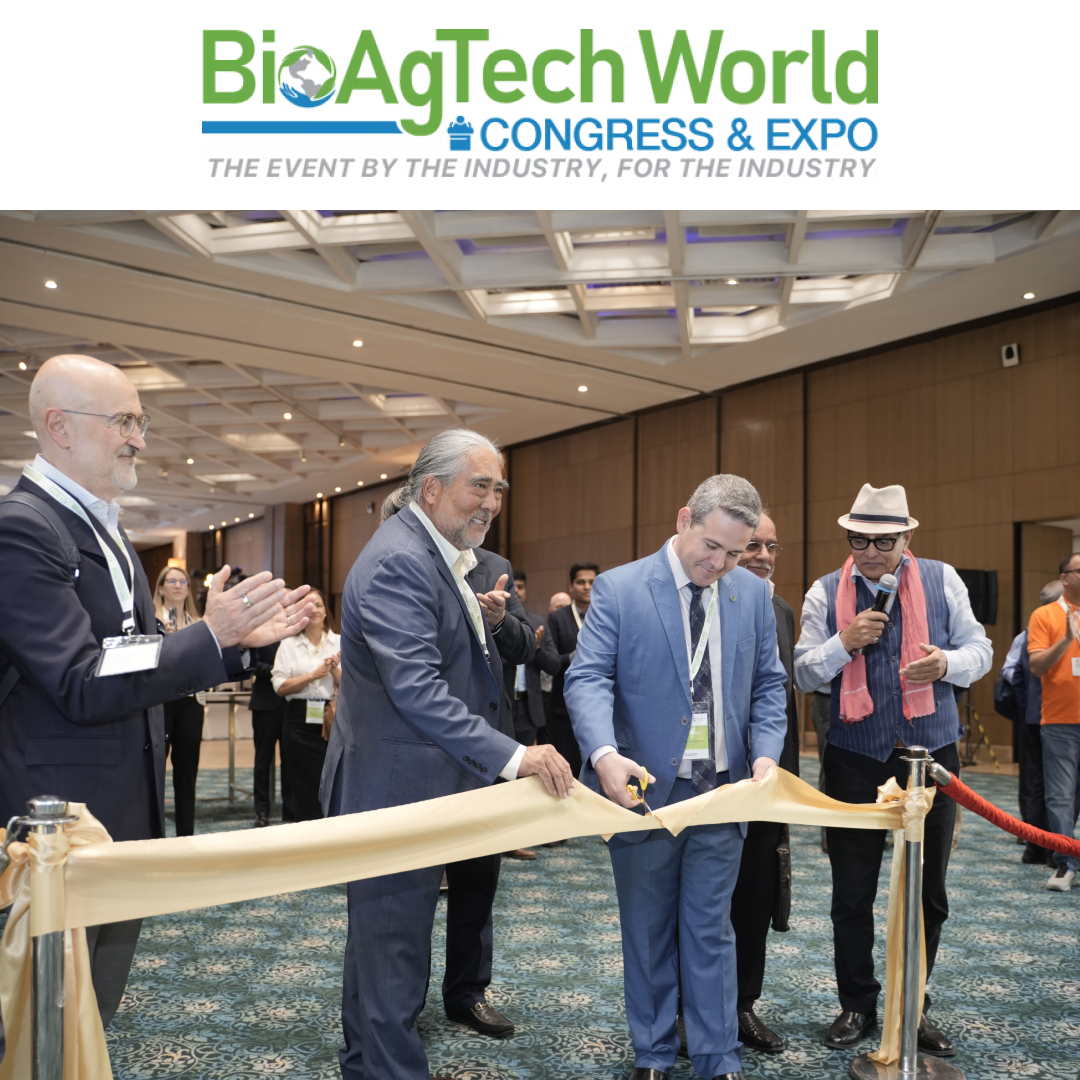
By 2050, agriculture needs to feed 40% more people, produce 70% more food, and use only 5% more land, globally, according to the UN Food and Agriculture Organization (FAO). Because of these and other challenges, innovative new technologies designed to maximize efficiency and productivity are necessary to transform the agricultural landscape. More than $204.7 billion USD (about $630 per person in the US) has been invested in AgTech since 2014 to drive that transformation and meet the growing demands for a safe, healthy food supply.
One challenge facing the industry today is adoption by growers. Because growers’ adoption of these innovative new technologies is essential to their success, the agriculture industry must ensure they adopt these new technologies as rapidly as possible.
Agriculture input suppliers and manufacturers will find the most success when utilizing a grower-centric approach with integrated solutions consisting of products, services, and technology that will increase grower adoption, which leads to higher productivity and profitability, more quickly and effectively.
State of the Ag Industry
By 2050, the world population is anticipated to grow to more than 9.6 billion, with nearly 70% expected to be in urban areas. Nearly half of the world’s population will reside in the Asia-Pacific region. The middle class and its increased food consumption preferences are expected to double in size and global meat consumption is expected to increase to 35.4 kg in retail weight equivalent per person by 2030. Additionally, clean-label food and beverage products are expected to achieve $125B in sales by 2030.
How is the agriculture industry responding to this changing market? Many initiatives and innovations are underway to meet current and future market needs and challenges, with biological solutions emerging as a main area of focus to help address them.
Potential advantages biologicals have for the industry include the ability to reduce dependence on synthetic chemistries and fertilizers, combat resistance issues, improve soil health, enhance nutrient uptake, improve crop health, and offer growers additional tools to use as solutions that contribute to increased performance and profitability.
Another area of focus is regenerative farming, including biological solutions, which reduces fuel costs, topsoil loss, and labor needs. It also facilitates greater use-efficiency of fertility inputs, which helps improve soil health and water use efficiency. Many new technologies and innovations have been and are continuing to be developed to increase the implementation of modern agriculture practices. However, innovation is ineffective without grower adoption.
Grower Adoption of New Technologies
In the US, approximately one-third of growers are implementing biocontrols, biofertilizers, and biostimulants, according to the Voice of the US farmer 2023-24 McKinsey report. And more than half are using a nitrogen stabilizer or inhibitor. Additionally, only 16 percent are unaware of biological products. However, adoption is at least 20 percent greater among specialty-crop farmers for half of the practices surveyed than row crop growers.
The most important factors to increase grower adoption are based on several on-farm decisions: profitability and ROI, followed by yield, according to the McKinsey U.S. Farmer Insights survey. If it meant being more profitable, 96% of growers said they would change their production practices and input decisions. Profitability is so important to growers because 80%+ of a farming budget is fixed. Land, labor, seed, fertility, and equipment all contribute to overhead. If any of these factors are displaced or diminished, it’s impossible to continue farming at a profitable level.
Showing how innovations can drive profitability and yield, as well as how they can be integrated into existing systems, can increase grower adoption.
Data-Enabled Integrated Solutions
Driving a grower-centric approach that focuses on generating solutions for grower needs is essential for every agricultural company. Integrated solutions consisting of products, services, and technology are key to that approach. This includes using on-farm data and metrics around plant health, soil health, plant response, stress mitigation, biocontrol, growth stimulation, and agronomics.
Approaching innovation from a data-first perspective and providing predictive soil analytics can help growers and trusted advisors make well-informed input decisions based on soil biology. Being grower-centric means determining which conventional plus biological solutions best serve specific soil health, pest, or disease needs while focusing on crop performance and grower profitability and thinking from a grower perspective. When used in a programmatic approach, conventional chemistries and biological solutions are complementary. It is critical to focus on solutions that bring products, services, technologies, and relationships together to benefit growers.
Grower pain points are only increasing as more innovations hit the market. Consumer expectations are evolving, complex programs are being pitched daily and there is increased pressure on prices for consumer goods. That’s why it’s essential for data-enabled integrated solutions to address grower pain points. The most valuable technologies are advanced solutions, point-of-purchase products and services, followed by data insights.
Advanced solutions are valuable because they provide:
- One price covers all farm needs (inputs, on-farm services, etc.)
- Ability to create farm-specific prescriptions (e.g., maximize profit or yield)
- Guaranteed outcomes based on grower objectives
Advanced solutions can help lessen concerns around reduced yield and volatile commodity prices while helping to decrease the complexity of farm operations.
Point-of products and service innovations provide growers with:
- Seamless digital buying experience (eCommerce)
- Transparent price comparison across brands
- Easy credit application and monitoring with self-service options
- Advanced logistics with track-and-trace capabilities
Point-of-purchase products and services reduce pricing complexity, promotion structures, and errors related to credit applications, while also providing flexibility in product bundles and track-and-trace visibility.
Innovations around data insights also have unique value propositions, including:
- Data-driven insights to improve product recommendations (e.g., smart bundles, plus comprehensive and actionable prescriptions)
- Insights for better farm outcomes based on varied data sets (weather, performance, etc.)
Access to data insights results in growers being equipped to identify and respond quickly to weather conditions and commodity prices. Those same data tools can provide important connections to the greater farming community.
The Valent BioSciences Approach
Since 1962, Valent BioSciences has worked to become grower-centric in all business activities. With a strategic intent to deliver the most innovative biological inputs and the most trusted solutions, the organization strives to help growers achieve increased profitability and return on their investment with biological inputs. The pressure for growers to maximize their production has never been greater. Valent BioSciences works effectively and diligently to make it easier for them to succeed.
The company has more than 60 years of experience in researching, developing, and manufacturing biological solutions, including biofungicides, bioinsecticides, plant growth regulators, bionematicides, and biostimulants that are biorational in nature. Biorationals are low-impact substances or products that are typically biologically derived. If biorationals are synthetic, they are structurally similar and functionally identical to biologically occurring materials. These products fit into current grower programs and complement traditional chemistries, which makes grower adoption easier.
Offering science-driven, proven solutions to help growers tackle demanding on-farm challenges is important, and Valent BioSciences is dedicated to ensuring its solutions meet the evolving needs of grower customers across the globe. A positive, sustainable future in which the agriculture industry continues to feed the world by providing healthy, nutritious, and abundant food will require all industry stakeholders to work together toward providing grower-centric solutions.
Shifting industry influence downstream to focus on the growers and solving their pain points will continue to play an increasingly important role. As agricultural innovations are developed, product performance, productivity efficiency, and operational profitability are the top three must-haves for growers. Innovation in integrated solutions combining products, services, and technology will be the key to driving further adoption of new technologies in the coming years.
Increased grower adoption of new technologies will allow them to do more with less and maximize production while balancing a new level of sustainability to feed, clothe, and fuel a growing global population.







Leave a Reply